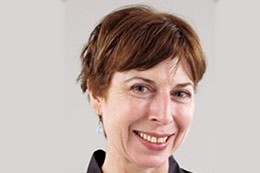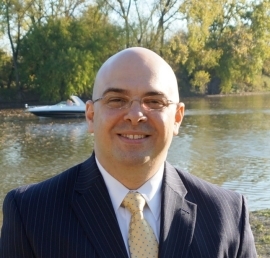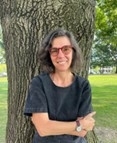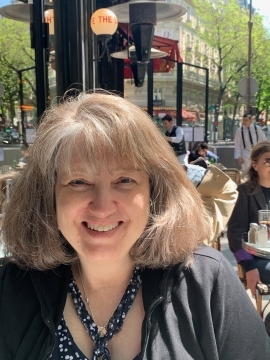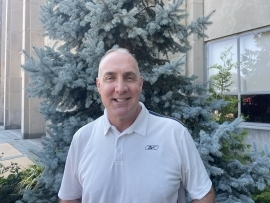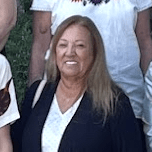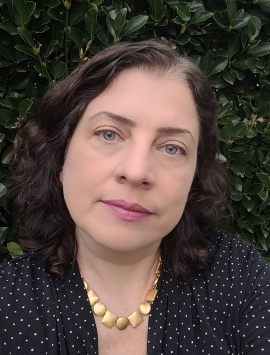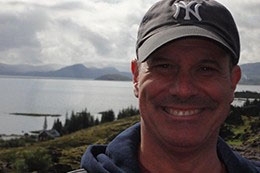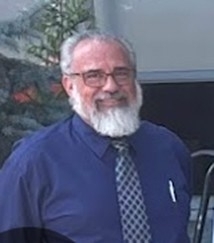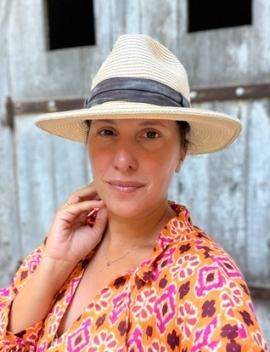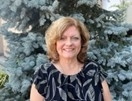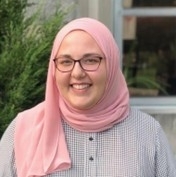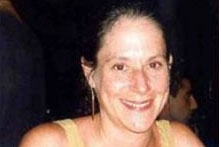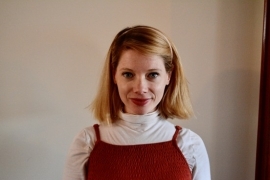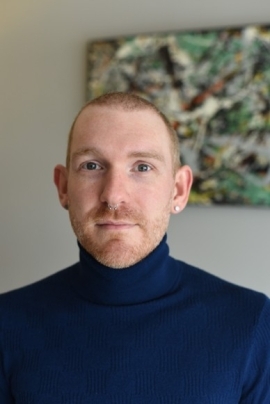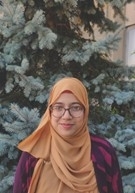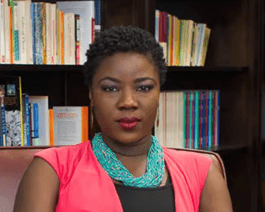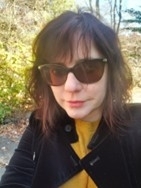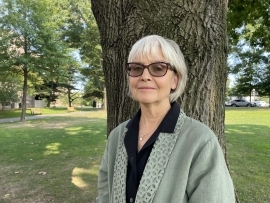Department of Core Studies
What We Do
The Department of Core Studies’ three courses – First Year Seminar, First Year Writing, and Scientific Inquiry -- help students activate their curiosity, build their critical thinking, and form a community of peers. Active learning is the goal in each course, guided by research-driven knowledge of practices that promote all college students’ success. In interactive, discussion-based classrooms, through experiential field-based research, and through community-engaged learning, students share diverse perspectives, solve problems collaboratively, and build a strong sense of belonging to our university.
Our Educational Goals for First Year Students
The Department of Core Studies has five basic educational goals:
Helping students to develop critical thinking and information literacy skills.
Familiarizing students with the evidentiary bases of scientific knowledge, the use of quantitative and qualitative research skills, and the distinctions between correlation and causation in the transmission of knowledge.
Assisting students in developing the writing capabilities and oral communication skills necessary to express their own thoughts and feelings and questions about the world around them.
Encouraging students’ understanding of and appreciation for the uniquely multi-cultural nature of the New York City Metropolitan area.
Actively engaging students in the University’s Vincentian mission of service to the community by emphasizing Community Engaged Learning.
Learn More about the Department of Core Studies
This core course encourages students to engage both intellectually and personally with the remarkable city that not only provides the setting for St. John’s University, but is also home to people from all over the world. Faculty members develop FYS courses using their own disciplines as conceptual frameworks for teaching students to think critically, develop information literacy skills, and see New York City through the arts, business, social and political relationships, literature, and media.
With the course mandate for Academic Service Learning, students experience the city as home to a diverse population in need.
Administration
Full-Time Faculty
Scientific Inquiry introduces students to the way scientists think about and view the world. Through a specific theme, such as evolution, atomic theory, energy, or plate tectonics, students will develop their critical thinking and quantitative reasoning skills. The historical development of the specific theme is explored to learn how scientific theories change and develop over time as new discoveries occur. Science is empirical in nature. To understand the process of science, students investigate how experiments are designed and the results interpreted. Students learn the logic of the scientific method and how it may be used to solve problems in their everyday lives. In science, the data are the data, but how they are interpreted and presented has implications on all our lives, from government funding, to medical decisions, to the food we eat. They also learn how data may be biased and misinterpreted using historical examples. Finally, because science is not conducted in a vacuum, and it impacts the world around us, the students analyze societal issues that deal with science in terms of values, ethics and responsibilities.
All St. John's University students are required to take FYW 1000C First Year Writing.
FYW faculty design their own courses, which are connected by a shared set of learning objectives designed by the faculty. Our faculty meet with students for one-on-one consultations periodically throughout the semester. In their First Year Writing courses, students will learn to recognize that writing is a social activity, a matter of experimenting with the rhetorical conventions of different genres and negotiating the expectations of audiences; use technology to design and share information across multiple communities; engage writing as an epistemic and recursive process and apply a variety of knowledge-making strategies in writing; understand that academic disciplines employ varied genres, styles, syntactical patterns, uses of evidence, and documentation practices that call for a variety of reading strategies; demonstrate the ability to locate, critically evaluate, and employ a variety of sources for a range of purposes; and build cross-cultural connections and relationships with others to solve problems collaboratively and strengthen independent thought.
Tara Roeder
Associate Professor
Coordinator, First-Year Writing
[email protected]

